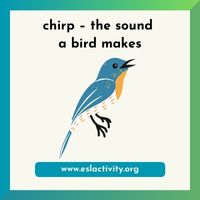
If you want to know the animal sounds in English, you’re in the right place. We have the most popular animal noises (horse—neigh, for example). It’s also known an onomatopoeia.
Onomatopoeia is when a word represents a sound. You may already know that cows “moo,” or that snakes “hiss.” Each language has different animal noises! Keep on reading to find out the animal sounds in English with this helpful list, along with pictures of each one.

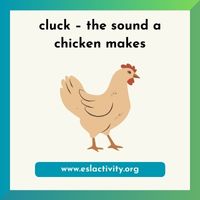
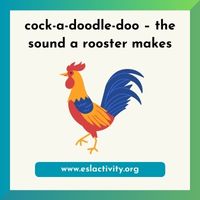
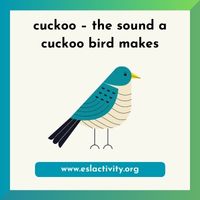
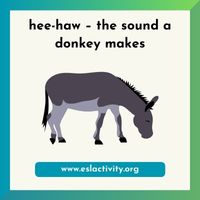
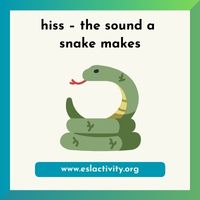
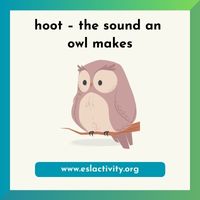

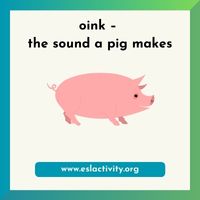
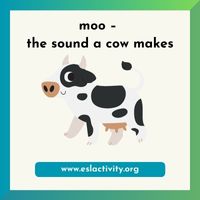
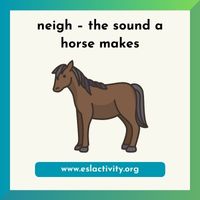


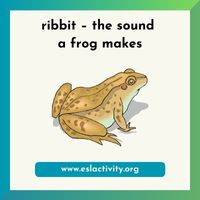
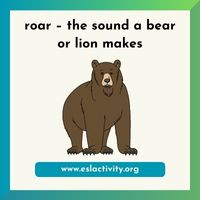
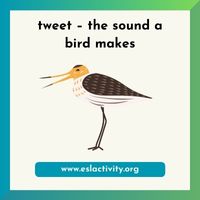

If you’re a teacher or parent, you might find this useful: Animal Trivia for Kids with Answers.
Take a look at this animal sounds chart to use for a handy reference.
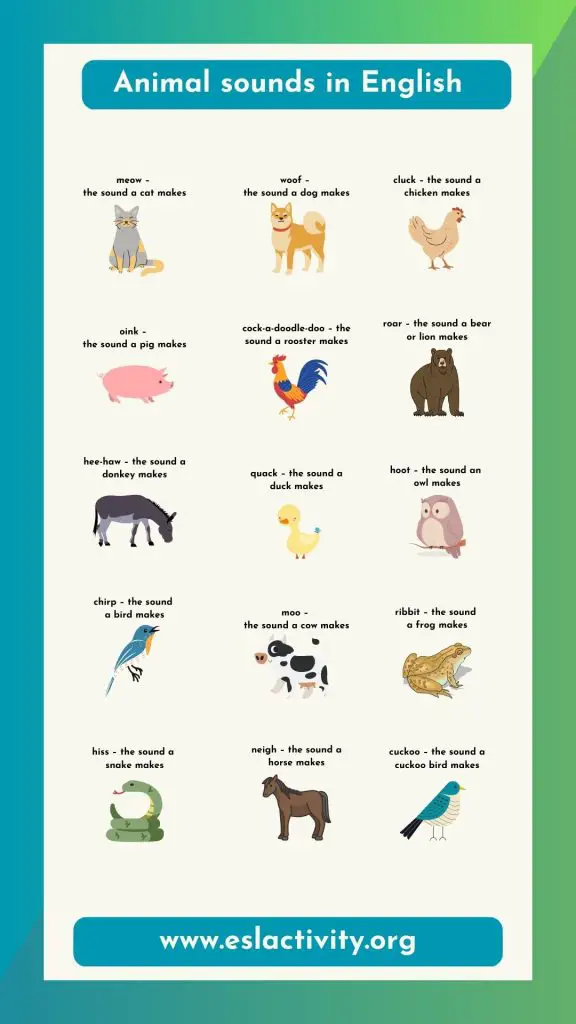
If you’re learning English, you might also be interested in these ones:
If you want to remember new vocabulary words, here are a few tips that we have:
There are a number of common questions that people have about the noises that animals make, in English. Here are the answers to some of the most popular ones.
Onomatopoeic words for animals help us express and communicate the sounds they make in a more vivid and descriptive way. It adds an element of sound representation to our language.
Examples of animal onomatopoeia include “meow” for a cat, “woof” for a dog, “moo” for a cow, “oink” for a pig, and “buzz” for a bee.
No, animal sounds can vary across languages and cultures. Different languages may have their own unique onomatopoeic words to represent animal sounds.
Learning animal onomatopoeia can be useful for language learners as it helps them expand their vocabulary, develop sound recognition skills, and engage in creative language play.
“The rooster crowed ‘cock-a-doodle-doo’ to wake everyone up in the morning.”
Not all animals have onomatopoeic words associated with their sounds. Some animal sounds are more difficult to represent through onomatopoeia, or their sounds may be represented differently in different languages.
Incorporate animal onomatopoeia into language learning by using them in vocabulary lessons, storytelling, role-playing, and sound identification activities. Students can also create their own onomatopoeic words for animal sounds.
A cat usually makes a “meow” sound.
A dog most often makes a “bark” sound.
A cow typically makes a “moo” sound.
A rooster usually makes a “cock-a-doodle-doo” sound.
A horse typically makes a “neigh” sound.
How much do you know about animal sounds in English? Find out with this fun guessing game!
Please enable JavaScript
Did you find this animal onomatopoeia list useful? Leave a comment and let us know. We’d really appreciate it!
Jackie Bolen has been teaching English for more than 20 years to students in South Korea and Canada. She's taught all ages, levels and kinds of TEFL classes. She holds an MA degree, along with the Celta and Delta English teaching certifications.
Jackie is the author of more than 100 books for English teachers and English learners, including Business English Vocabulary Builder, 67 ESL Conversation Topics,and 39 No-Prep/Low-Prep ESL Speaking Activities for Teenagers and Adults. She loves to share her ESL games, activities, teaching tips, and more with other teachers throughout the world.